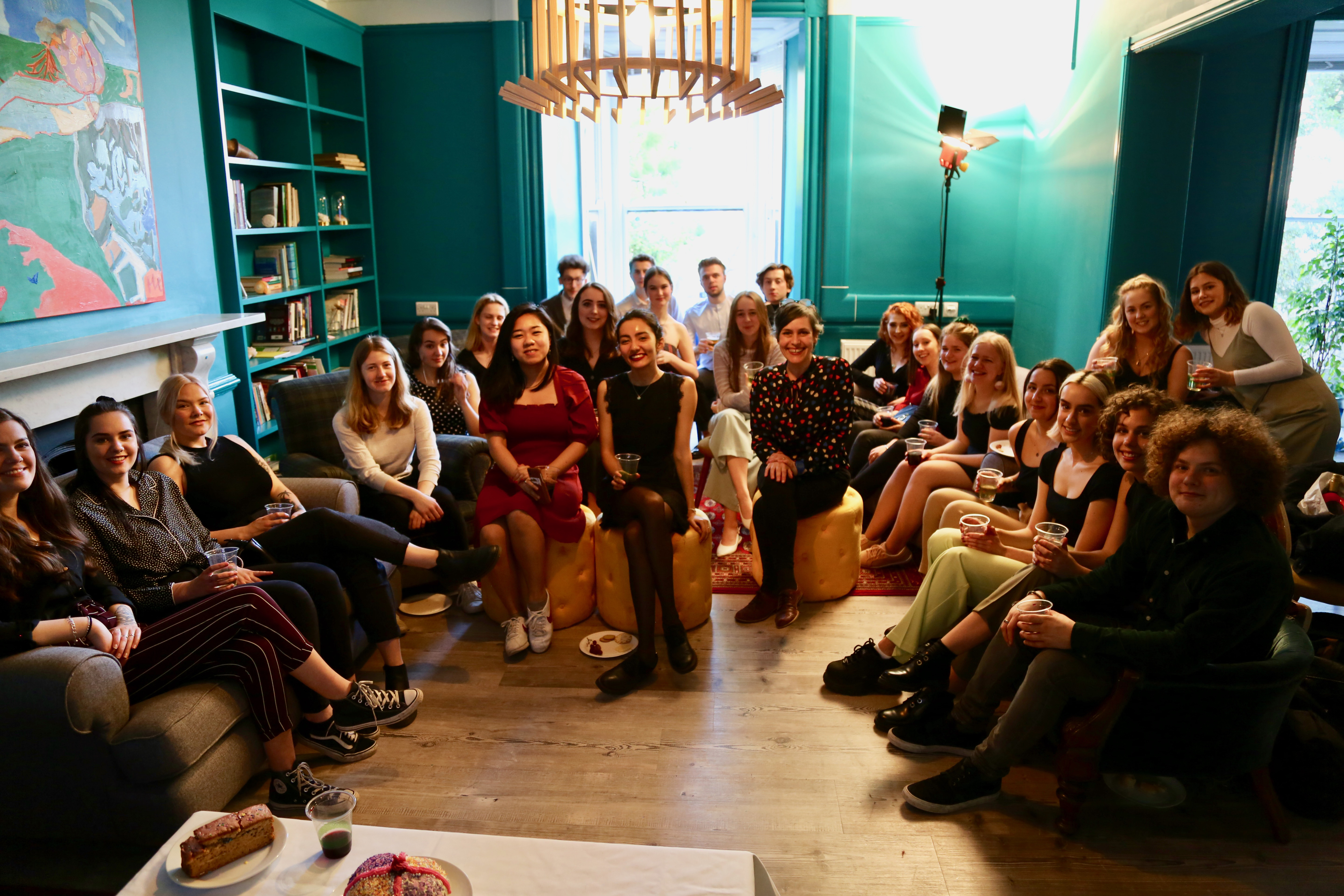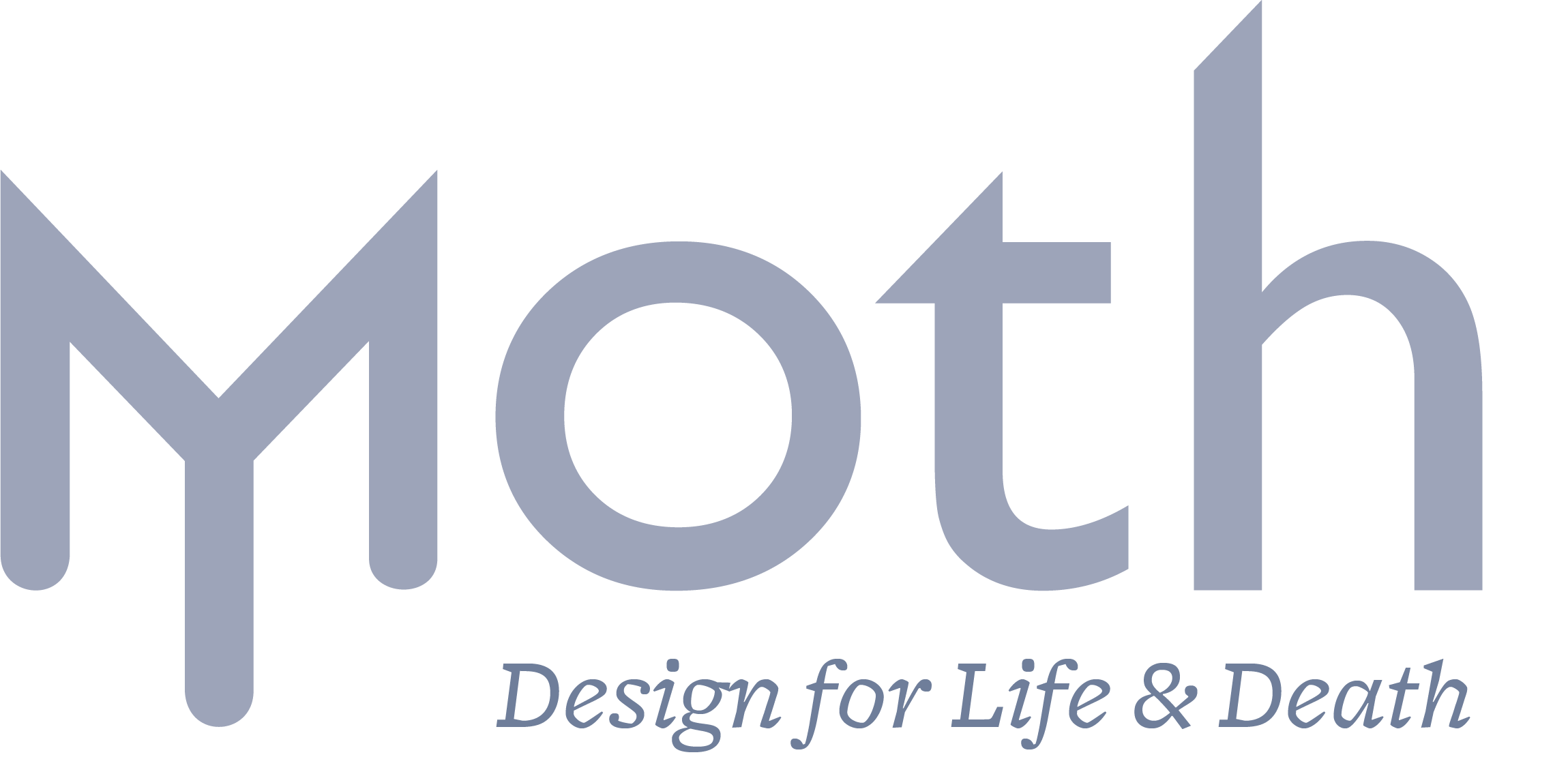An Extra place at the Table
How food and funeral feasting can positively impact and
disseminate creative exchange around mourning,
bereavement and end of life choices?
An Extra Place at the Table
/ 01. Epitaph. Anna Kiernan
/ 02. Publication. ‘Dining with the Dead’. Dr Elsa Richardson
/ 03. Event. Experience Design at the End of Life. Clare Hearn
/ A dining event, with a curated menu to revive and disseminate information referencing funeral foods and feasting rites from social, historical, cultural and ‘magical’ (folklore) perspectives. Reclaiming a personal relationship and greater understanding with the people and place in which we live, work and die together.
![]()
disseminate creative exchange around mourning,
bereavement and end of life choices?
An Extra Place at the Table
/ 01. Epitaph. Anna Kiernan
/ 02. Publication. ‘Dining with the Dead’. Dr Elsa Richardson
/ 03. Event. Experience Design at the End of Life. Clare Hearn
/ A dining event, with a curated menu to revive and disseminate information referencing funeral foods and feasting rites from social, historical, cultural and ‘magical’ (folklore) perspectives. Reclaiming a personal relationship and greater understanding with the people and place in which we live, work and die together.


AN EXTRA PLACE AT THE TABLE, examines how through food and funeral feasting rituals, the bereaved can be comforted in the knowledge that this life defining moment, which we typically prepare for the least, can feel purposeful and positive, empowering us to take control and create the best and most personal ‘goodbye’ for loved ones. Loss needs to be mourned, acceptance of sadness is a natural and necessary part of a maturing process, reducing stress, anxiety and depression in the surviving relatives.
This forms the first stage of a bigger research project which aims to create dining events, with curated menus to revive and disseminate information referencing funeral foods and feasting rites from social, historical, cultural and ‘magical’ (folklore) perspectives. Reclaiming a personal relationship and greater understanding with the people and place in which we live, work and die together. Prompted by discussions around the food narratives, which are presented and eaten, along with questions, readings, sound/music/moving image and dining artefacts.
Food and feasting is important at every event and milestone in life; preparing food and the act of sitting and eating together can help to heal, resolve, share and shape experience. It can nourish us emotionally and physically, it can be symbolic, evoke memory, draw on historical, cultural and traditional sources, to help us find meaning and come to terms with life and death events. As a means of communication, food expresses our social relationships, it acts as messenger, encoded with meanings and narratives. Food can offer us a sense of identity and belonging, kinship and ritualistic comfort. It can evoke collective memory and experience, the very act of eating gives affirmation of life itself.
This forms the first stage of a bigger research project which aims to create dining events, with curated menus to revive and disseminate information referencing funeral foods and feasting rites from social, historical, cultural and ‘magical’ (folklore) perspectives. Reclaiming a personal relationship and greater understanding with the people and place in which we live, work and die together. Prompted by discussions around the food narratives, which are presented and eaten, along with questions, readings, sound/music/moving image and dining artefacts.
Food and feasting is important at every event and milestone in life; preparing food and the act of sitting and eating together can help to heal, resolve, share and shape experience. It can nourish us emotionally and physically, it can be symbolic, evoke memory, draw on historical, cultural and traditional sources, to help us find meaning and come to terms with life and death events. As a means of communication, food expresses our social relationships, it acts as messenger, encoded with meanings and narratives. Food can offer us a sense of identity and belonging, kinship and ritualistic comfort. It can evoke collective memory and experience, the very act of eating gives affirmation of life itself.
This project took place over a period of four weeks working collaboratively with 20 second year undergraduate students. There were three parts to the brief and at each stage of the project we worked alongside a writer, cultural historian and an experience designer.
01. Epitaph. Anna Kiernan a writer and editor who divides her time between academic life and consultancy work for agencies within the creative and cultural industries. At the time Anna was a Senior Lecturer in the School of Writing and Journalism at Falmouth University.
02. Publication. Dr Elsa Richardson who currently holds a Chancellor’s Fellowship in the History of Health and Wellbeing at the Centre for the Social History of Health and Healthcare (CSHHH) at the University of Strathclyde. Working at the intersection between the medical and cultural history, her research considers the relation of heterodox practices, beliefs and movements to mainstream society and culture, with particular focus on the interaction between medicine and the imagination, science and the supernatural, psychology and the occult. Victorian spiritualist movement. It looks at consumption within the seance, by the living and the dead, as a way of thinking about death/corporeality/spirituality/domesticity.
03. Event. Clare Hearn is Senior Lecturer in Business and Experience Design. She leads on MA Creative Events Management, a new digital international postgraduate programme, and teaches on BA(Hons) Creative Events Management.
01. Epitaph. Anna Kiernan a writer and editor who divides her time between academic life and consultancy work for agencies within the creative and cultural industries. At the time Anna was a Senior Lecturer in the School of Writing and Journalism at Falmouth University.
02. Publication. Dr Elsa Richardson who currently holds a Chancellor’s Fellowship in the History of Health and Wellbeing at the Centre for the Social History of Health and Healthcare (CSHHH) at the University of Strathclyde. Working at the intersection between the medical and cultural history, her research considers the relation of heterodox practices, beliefs and movements to mainstream society and culture, with particular focus on the interaction between medicine and the imagination, science and the supernatural, psychology and the occult. Victorian spiritualist movement. It looks at consumption within the seance, by the living and the dead, as a way of thinking about death/corporeality/spirituality/domesticity.
03. Event. Clare Hearn is Senior Lecturer in Business and Experience Design. She leads on MA Creative Events Management, a new digital international postgraduate programme, and teaches on BA(Hons) Creative Events Management.

